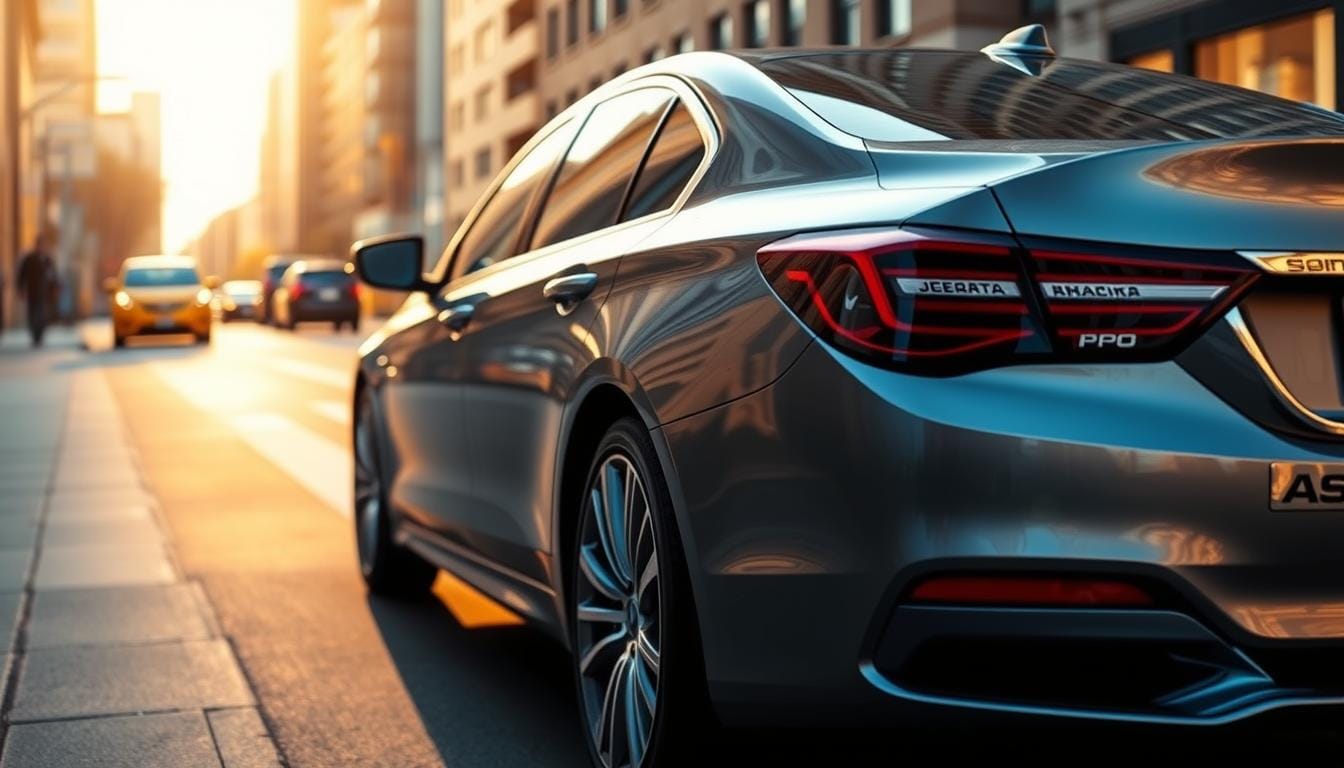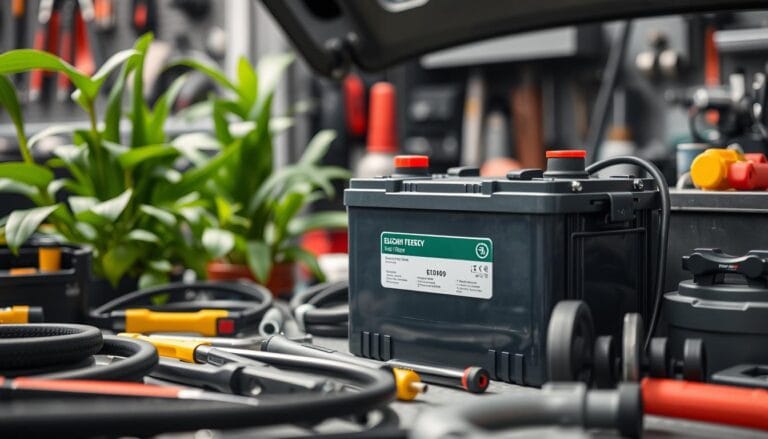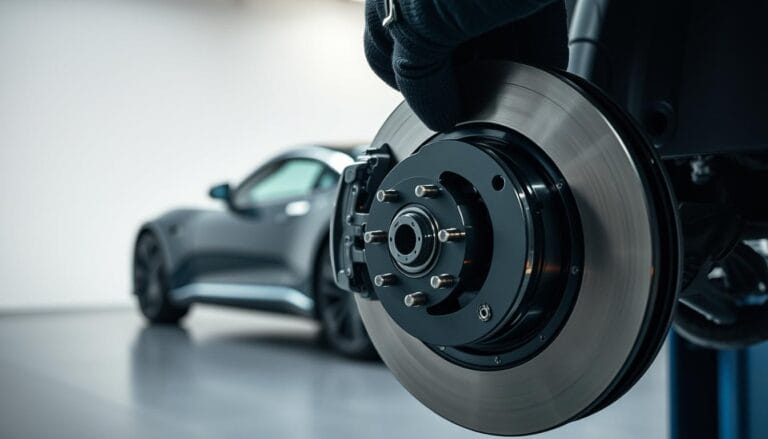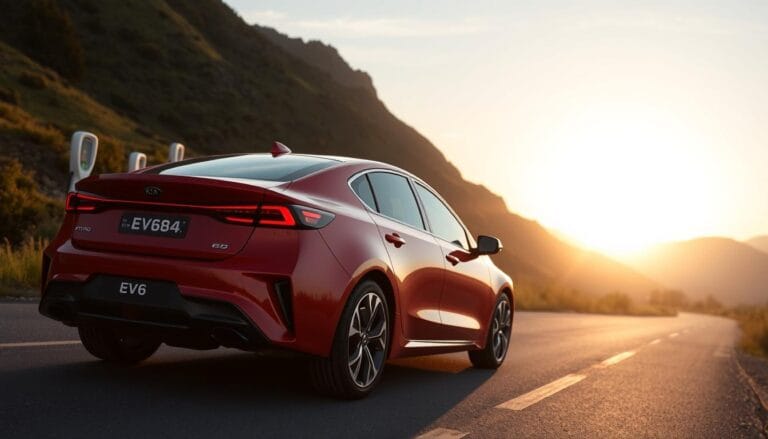Can I Get Car Insurance Without a License – Guide
Ever needed car insurance but didn’t have a license? Can i get car insurance without a license? You’re not alone. Many people wonder if they can get car insurance without a license. The answer might surprise you.
Dealing with car insurance can be tough, even more so without a license. Whether you’re storing a car, managing a family vehicle, or facing special situations, knowing how to get car insurance without a license is key.
This guide will help you understand how to get car insurance without a license. We’ll look at legal ways and practical tips to help you get the coverage you need.
Table of Contents
Understanding the Basics of Car Insurance
Car insurance is a key financial safety net. It helps protect you from unexpected costs due to car accidents. Knowing the basics is vital, whether you’re looking at non-driver car insurance or covering a vehicle without a license.
What Exactly is Car Insurance?
Car insurance is a deal between you and an insurance company. It offers financial protection against possible losses. By buying a policy, you pass on the risk to the insurance company. This coverage can include:
- Physical damage protection
- Bodily injury liability
- Property damage compensation
- Medical expense coverage
Why Car Insurance Matters
Getting car insurance without a license might seem tricky, but it’s often needed. The average cost of car insurance in the U.S. is $2,638 per year for full coverage. This makes it a big financial issue.
Here are some reasons to keep your car insured:
- It’s often required by law in most states
- It offers financial protection in case of accidents
- It covers damage or theft to your vehicle
- It gives you peace of mind as a vehicle owner
Even without a driver’s license, protecting your vehicle is a smart financial move.
Non-driver car insurance is also important. It offers vital protection for vehicles that are stored or rarely driven. It ensures you’re covered against possible risks.
Can i get car insurance without a license?
Getting car insurance for unlicensed drivers can be tough. It’s possible, but insurance companies are careful. You need to think about many things when insuring a car without a license.
Legal Requirements Across the United States
Car insurance rules for unlicensed drivers change a lot by state. Here are some important points:
- Virginia and New Hampshire don’t require auto insurance for vehicle registration.
- All other states need vehicle insurance, even without a driver’s license.
- Insurance companies might offer policies for unlicensed drivers but might not cover everything.
Types of License Statuses
Insuring a car without a license depends on your situation. Here are some common cases:
- Learner’s Permit Holders: It’s often easier to insure with a licensed co-owner.
- Suspended License Drivers: They need special high-risk insurance.
- Classic Car Owners: They might need storage or limited-use insurance.
- Elderly Individuals with Caretakers: They can get special policies.
Pro Tip: Geico is the top national insurance for drivers without a standard license, with minimum-liability coverage.
Looking for car insurance without a license comes with challenges. Insurance companies look at your driving history, which is tricky for unlicensed drivers. Rates might be 10-30% higher because of the risk.
Options for Insuring a Vehicle
Finding vehicle insurance for non-drivers can be tough. But, there are many options for those without a driver’s license. Knowing about these auto insurance policies for non-licensed owners helps keep your vehicle safe and reduces financial risks.
When looking for insurance without a license, you have several choices:
- List another person as the primary driver on your policy
- Exclude yourself as a driver from the insurance coverage
- Add a co-owner to the vehicle registration
- Obtain parked car coverage
Insuring a Vehicle You Own
Even if you don’t drive, you can insure a vehicle you own. Insurable interest is what matters most to insurance companies. You can get coverage by showing you have a financial interest in the vehicle’s safety.
Insurance follows the car, not just the driver – meaning your vehicle can be protected even if you’re not personally driving it.
Non-Owner Car Insurance Policies
Non-owner car insurance is great for those who don’t own a car but need liability protection. It’s perfect for:
- Frequent car renters
- Individuals who borrow vehicles
- People using car-sharing services
- Those with suspended licenses seeking continuous coverage
Keep in mind, non-owner policies usually cover liability for injuries or damages you might cause while driving. But, they don’t protect the vehicle itself.
Implications of Unlicensed Driving on Insurance
Driving without a valid license has serious effects that go beyond legal trouble. Insurance companies see unlicensed drivers as high-risk. This makes it hard to get car coverage without a valid license.
Driving without a license makes it tough to get and keep car insurance. Insurance companies have strict rules for drivers who want coverage.
Consequences of Driving Without a License
The legal trouble from driving without a license is severe. You could face:
- Big fines
- Vehicle impoundment
- Potential jail time
- Criminal misdemeanor charges
“Unlicensed driving is a serious offense that can compromise your financial and legal standing.”
Impact on Your Insurance Rates
Driving an unregistered vehicle raises your insurance risks a lot. Insurance companies look at many factors, and having a license is key.
Insurance implications include:
- Higher premium rates
- Limited insurance options
- Potential policy cancellation
- Harder to get future coverage
National insurers like Progressive and State Farm often refuse coverage for unlicensed drivers. This makes getting insurance even harder.
Knowing these risks shows why it’s vital to have a valid driver’s license. It’s also important to follow the right insurance steps.
Factors That Affect Your Insurance Premium
It’s important to know how insurance companies figure out your car insurance premium. This is true, even if you don’t drive. Your rates are based on many factors that insurers look at closely to figure out your risk.
- Driving history and experience
- Vehicle type and characteristics
- Personal demographic information
- Credit-based insurance scores
Your Personal Risk Profile
Insurers check your personal risk by looking at certain details. For example, drivers between 25 and 65 usually get lower rates because they are seen as more stable drivers. Non-driver car insurance is different because it’s harder to assess risk in the usual way.
| Age Group | Average Annual Premium | Risk Level |
|---|---|---|
| 16-19 years | $6,500 | High |
| 25-40 years | $2,300 | Moderate |
| 40-65 years | $1,800 | Low |
Vehicle Characteristics Matter
Your car’s type can change your insurance costs. Luxury cars, high-performance vehicles, and cars that cost a lot to fix usually cost more to insure. But, cars with good safety ratings, anti-theft systems, and security features might lower your rates.
By managing these factors, you can better understand car insurance. This might help you save money on your insurance costs.
How to Approach Insurance Companies

Getting car insurance for unlicensed drivers can be tough. But, there are ways to get coverage for your vehicle.
When you’re insuring a vehicle without a license, how you approach it is key. The insurance world has its own set of challenges. About 14% of U.S. drivers were uninsured in 2022.
Finding Supportive Insurance Providers
Not every insurance company will cover unlicensed drivers. Look for:
- Local insurance agents who know the state laws
- Regional companies with flexible policies
- Specialized insurers like Geico and Progressive
Application Tips for Unlicensed Drivers
When applying for car insurance without a license, keep these tips in mind:
- Be honest about your license status
- Have documents ready to explain your situation
- Show how you’ll keep your vehicle safe
- Think about non-owner car insurance policies
Insurance for unlicensed drivers can cost between $150 to $450 a month. Rates are higher because of the risk. Addressing concerns upfront can lower your premium.
State-Specific Considerations
Insurance rules differ by state. In Texas and Maryland, there are special options for unlicensed drivers. Check your state’s laws to see what’s available.
Remember: Honesty is key when talking about your insurance needs with providers.
Alternatives to Traditional Car Insurance
Finding vehicle insurance for non-drivers can be tough. Traditional insurance might not be an option, but there are other ways. These alternatives can help you get the right coverage that’s legal.
Rideshare and Non-Owner Insurance Strategies
Non-owner car insurance is a flexible choice for those without cars. It offers liability coverage when driving someone else’s vehicle. The main benefits are:
- Protection for occasional drivers
- Lower cost compared to standard policies
- Liability coverage up to specified limits
Exploring Additional Coverage Options
For those without a license but need insurance, there are creative solutions:
- Named Driver Policies: Adding an insured driver to an existing policy
- Surety bonds as alternative financial protection
- Specialized non-owner insurance packages
Companies like State Farm, Geico, and Travelers offer non-owner policies. But, not all offer them. These options are key for financial safety without a driver’s license.
Remember, each insurance solution depends on your specific circumstances and state regulations.
Frequently Asked Questions About Unlicensed Car Insurance
Auto insurance for non-licensed owners can be tricky to understand. Many wonder about car insurance without a valid license. It’s key to know the details to protect yourself and your car.

Let’s tackle some common myths and clear up important points about insurance for unlicensed drivers:
Common Misconceptions About Car Insurance
- Myth: It’s impossible to get insurance without a license
Reality: Many insurance companies offer policies for unlicensed individuals, though coverage may be limited.
- Myth: Unlicensed driving is legal if the car is insured
Reality: Driving without a valid license remains illegal, regardless of insurance status.
Legal Obligations and Coverage Options
Insurance rules differ by state. In Virginia and New Hampshire, you don’t need insurance to register a car. Key considerations for unlicensed drivers include:
- Having a licensed driver named on the policy can make getting insurance easier
- Some scenarios where unlicensed insurance matters:
- Classic car owners
- Individuals with learner’s permits
- Drivers with suspended licenses
- Expect potentially higher premiums (10-20% more) for unlicensed driver policies
While getting car insurance without a valid license is tough, it’s not out of the question. Insurance companies might offer policies but often with restrictions and higher rates for unlicensed drivers.
The Importance of Obtaining a Valid License
Getting car insurance can be tough without a valid driver’s license. Having a license makes it easier to insure an unregistered vehicle. It also opens up more insurance choices. With a license, you can get better coverage and possibly pay less for insurance.
To get your driver’s license, follow a few important steps. First, check what your state requires. You’ll need to pass a written test and a driving test. Many states offer study materials and practice tests to help you prepare.
Insurance benefits are more than just coverage. A valid license can lower your insurance costs. For drivers with clean records, basic liability coverage might be under $50 a month. Unlicensed drivers usually pay more and have fewer insurance options. Getting your license can save you money and make driving safer.
Having a valid driver’s license is about more than driving. It gives you legal protection and more insurance choices. It also brings you peace of mind. By becoming a licensed driver, you’ll get better insurance options and save money.







